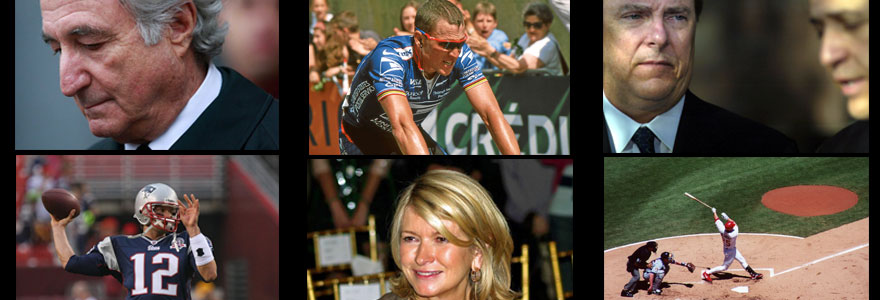News and Updates
Contact
Faculty of Social Science
Social Science Centre
Room 9438
Western University
T. 519-661-2053
F. 519-661-3868
E. social-science@uwo.ca
The Wide World of Cheating
October 03, 2018
“Cheating,” said Richard Pound, “is endemic in almost every area of life.”
And Pound has a lot of experience dealing with cheating. Pound is a long serving member of the International Olympic Committee and was Founding Chairman of the World Anti-Doping Agency.
On October 18, Pound will deliver the first DAN Management Distinguished Lecture in Corporate Governance, entitled "Cheating in Sports - Cheating in Business".
Pound said cheating happens in sports, business, academia and organized religion.
“The questions is,” Pound said, “how do you go about getting people to change the conduct they might otherwise be inclined to go towards.”
Pound suggests that people may be encourage to not cheat through education, through more enforcement of the rules, or through establishing a proper regulatory environment.
“A whole bunch of things get strung together to ensure you can protect the public,” said Pound.
In business, cheating can risk public wealth, or public health. People may engage in insider trading, or companies could provide substandard goods. Companies may also misreport facts and earnings, which could result in investor money being wagered and lost, based on false information.
In sport, Pound said, it is important to limit the use of performance enhancing substances, as over-use can endanger the health of athletes.
“It may sound paternalistic, but you have a responsibility to try and protect the health of athletes, and to protect the integrity of sport competition,” said Pound.
Outside of his involvement in international sport, Pound is a tax lawyer, and a member of the Canadian Bar Association and the Canadian Tax Foundation. In that role, Pound is concerned about cheating as well.
“A good part of your practice is making sure your clients don’t go over the line between tax avoidance, which is not illegal, and tax evasion, which is,” said Pound.
Pound said it is in the best interest of industry groups and associations to try to address cheating in their areas.
If cheating occurs and the professional associations do not address the problems, “the professions, including the accounting professions, end up with rules being made by people who don’t understand the rules, and these rules end up being cumbersome or end up missing the point on the issues,” said Pound
Professional groups, “should try to create rules for their own best interest, otherwise someone else will step in to try to regulate it and you can be sure they will almost always get it wrong,” said Pound.
Richard Pound’s lecture will be on October 18 at 2:00 pm in the McKellar Theatre, UCC.
The DAN Management Distinguished Lecture in Corporate Governance is made possible through the ongoing support of Aubrey Dan. The lecture is part of the Faculty of Social Science Distinguished Lecture Series.

